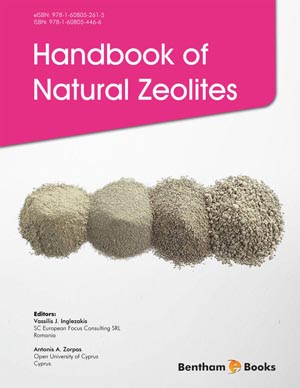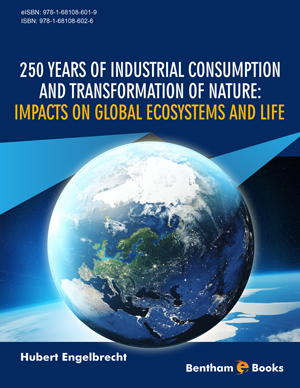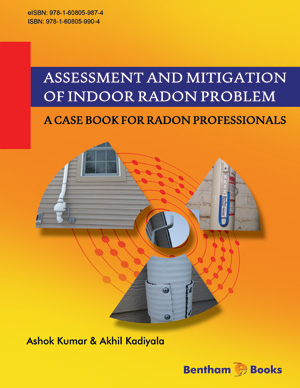Abstract
Currently, there is a rapidly emerging crisis involving the access of clean drinking water due to the increasing release of various pollutants by industries to the environment. Industrial wastewater streams contain a wide range of pollutants from toxic cationic and anionic species, to extremely poisonous organic compounds, which are very harmful to humans and the environment. Therefore, the development of novel, efficient, and inexpensive technologies for the decontamination of polluted waters, soils, and the air is essential. Amongst the variety of techniques that have been developed to treat contaminated areas in the environment; adsorption-based processes are believed to be the most simple and effective techniques which largely depend on the development of efficient adsorbents. Generally, adsorbents based on zeolitic materials are known to be safe for the health of humans and the well-being of the environment. To date, many zeolite-based products have been developed to degrade heavy metals and organic toxins within the environment, and even in the human body. In this paper, some of the recent achievements of the potential applications of natural zeolites; particularly their surface modified forms for the removal of anions, cations, and organic pollutants from contaminated waters and soils will be discussed.
Keywords: Natural zeolite, surfactant modified zeolite (SMZ), VOC removal, environmental pollution, wastewater treatment, ion exchange, adsorption, heavy metal, ammonium, radioactive waste.












